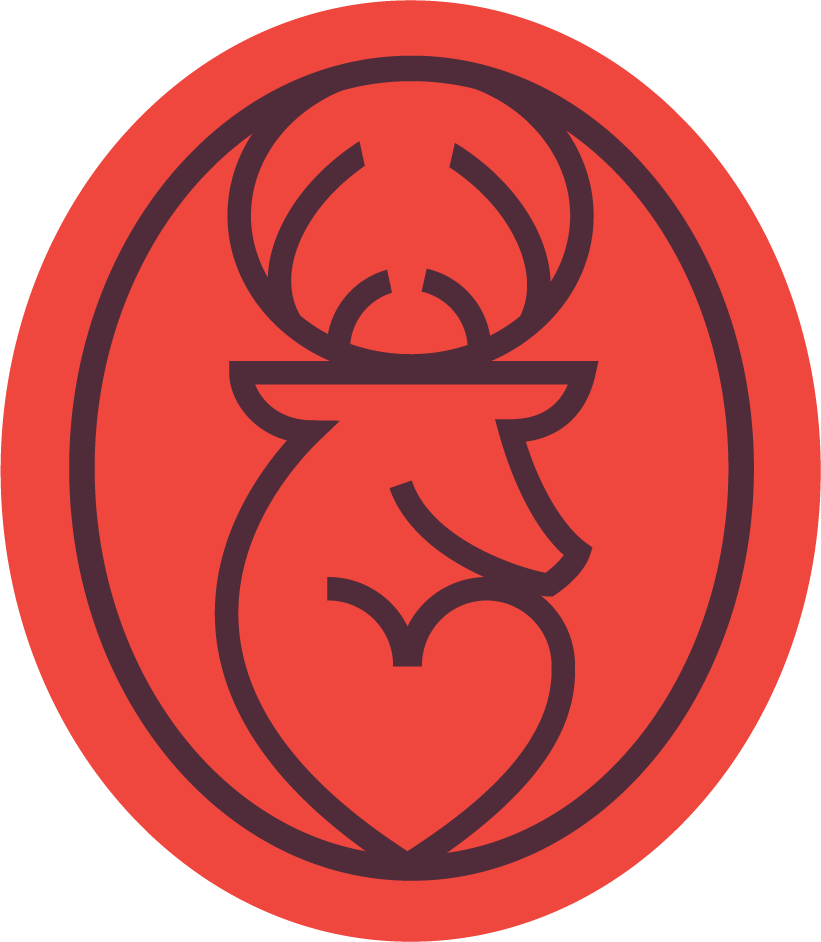A Harrowing Journey Through Burnout
Solenn Giedel was 33 years old, a driven, tireless executive assistant, when one day she found herself barely able to wash her hands.
"I was just standing in front of the sink and I started crying," she reflects from her home office in Belgium. Even this daily task seemed overwhelming.
Solenn, now 37, did not recognize the person in the mirror or have a name for what was happening.
Though Solenn's body, nervous system and behavior had been trying to tell her something was terribly wrong for some time, only years later does she recognize that she was experiencing all the major signs of burnout:
• Cynicism. "My job wasn't fun anymore," she recalls.
• Exhaustion. "I would feel really depleted and just keep going."
• Nervous system breakdown. "I was shaking inside."
• Weak immune system. "My body was saying, 'Hello, you're sick.' But everybody comes to work sick, because work matters more."
• Muscular pain. "My back started to hurt."
• Irritability.
"I tried to ignore the voice," she recalls. "Until my body crashed."
The final straw for Solenn was her inability to take care of herself in the most literal ways. One day, when crossing the street, she realized that she was not in her body.
"I might get run over by a car," she realized. "I grew really afraid that I could not take in the information around me. I didn't feel safe anymore."
That's when she went to see a doctor, who told her something she was not ready to hear.
"You're out. You need a break."
"There I was, this perfect personal assistant [who could] handle everything," she says, recalling the shame and terror of this simple moment. "Suddenly, I am not able to wash my hands or cross the street. It was already too late."
There was not half-way option left. Short periods of recuperation would no longer be enough. Her burnout had decimated her body, mind and spirit.
The road to recovery has been long for Solenn, one small step at a time.
It began with acceptance: the basic acceptance that she must stop.
But it would be much longer before self-compassion came into the picture.
Self-recrimination and guilt added insult to injury. "On top of being exhausted and not able to do anything, you feel guilty about not being able to do your job, " she says. "You turn against yourself. And that makes everything worse. It goes against the healing process."
Solenn learned little by little, that she wasn't alone. She began to get back in touch with friends and share with her family what was really happening. She began to show emotion in front of others, an experience she describes as "scary and beautiful."
Solenn's first life coach framed her experience by telling her that she'd been living on another planet for the past five years. "What do you have to do to arrive back here on earth?" the coach asked her.
For Solenn, it meant first naming her affliction as burnout. Coming back to earth also meant asking herself questions. Some of them were small, like "What do I need right now? Am I hungry? Am I tired."
But some of them were much bigger, and at the heart of excellent life coaching: Who am I?
"I identified with this job, because I thought this was my mission and I had to complete it, whatever the costs," she says and asked: "'Who am I actually, if I am not a personal assistant?' And I couldn't answer the question."
Today, Solenn knows who she is: she is a certified life coach, specializing in helping women in danger of or already suffering from burnout.
She credits therapy, life coaching, Qi Gong and energy healing (which she is also studying now) with her return to earth.
Self-care is not a luxury for Solenn. It is as necessary as breathing itself.
"It took me a while, but today I'm super grateful for this burnout. It changed my life and saved me," says Solenn. "It took me on this whole journey of personal development and self-care."
Solenn's 6 tips to prevent burnout:
1. Respect the basics: sleep, eat, exercise, rest, repeat. Don't skip one.
2. Ask yourself: What do you do to maintain balance in the different areas of your life? Be honest.
3. Do more of what feels good.
4. Find out your personal blueprint of self-care
5. Speak your truth.
6. Don't ignore messages of discomfort that your inner balancing system is sending you: If you need a break, for example.
